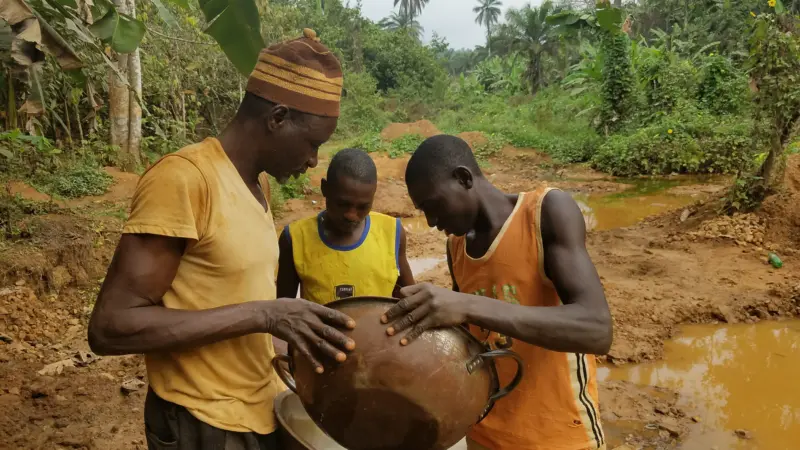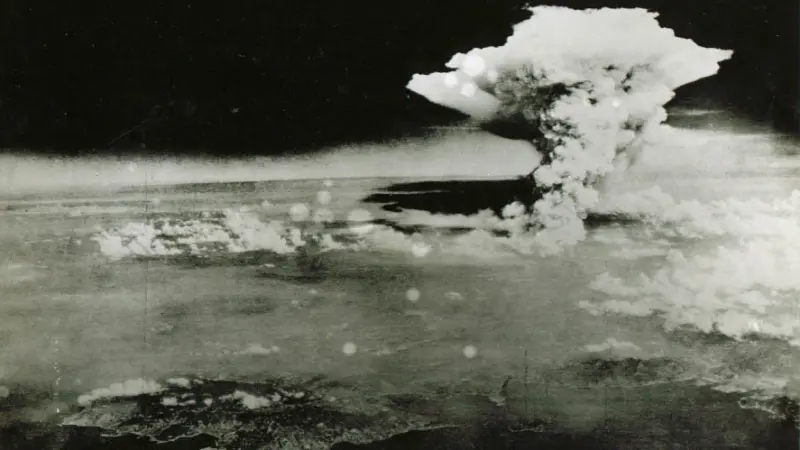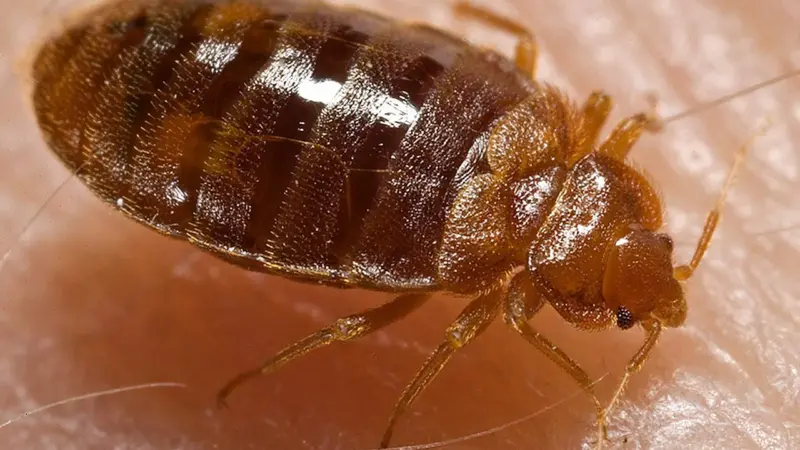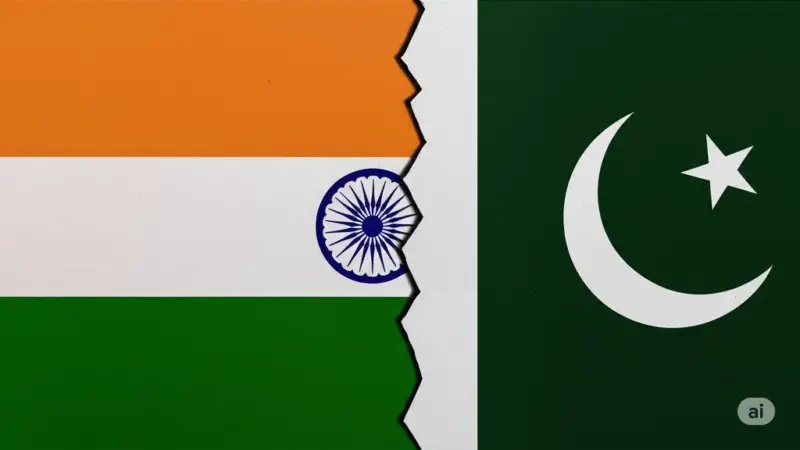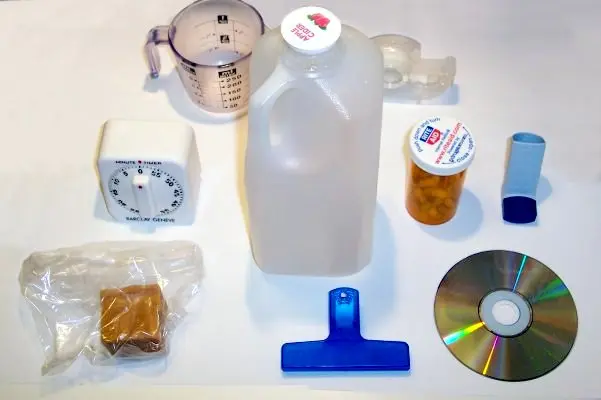Water Crisis Endangers Millions of Children Worldwide
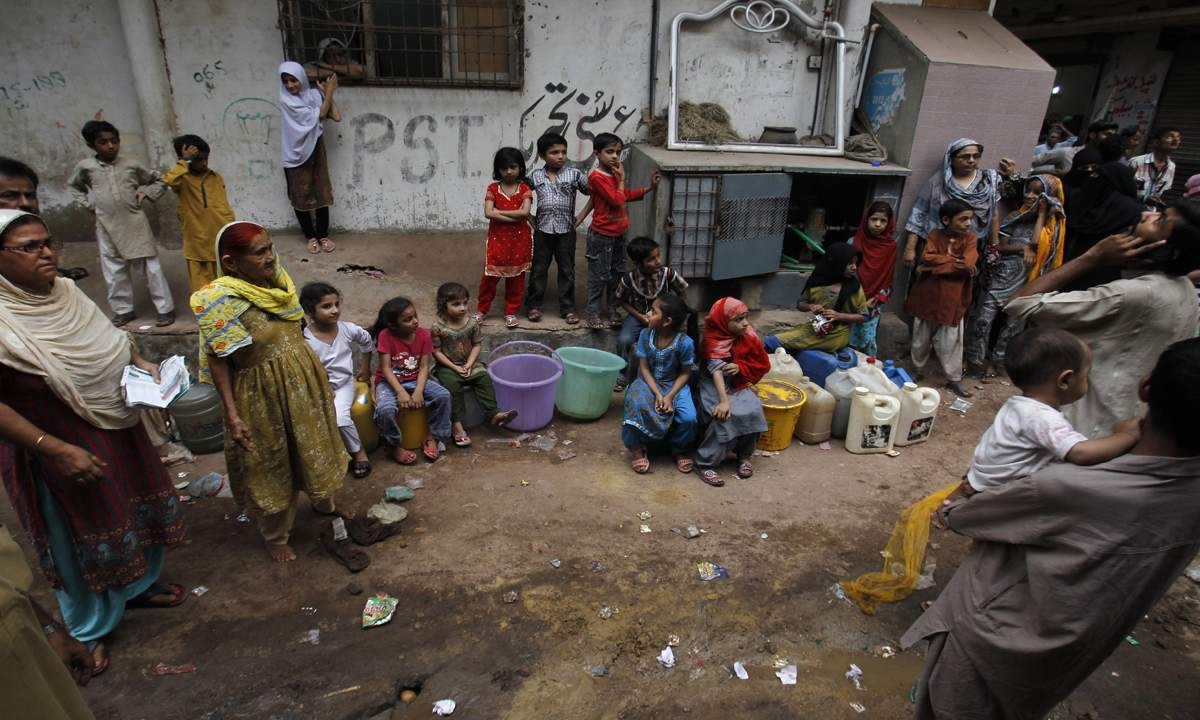
March 22nd is World Water Day – A day dedicated to raising awareness about the struggles millions of people face when it comes to accessing clean and safe drinking water. Sadly, the problem of water scarcity and contamination affects not only a few but millions of people worldwide. The United Nations Children’s Fund, UNICEF, has reported that 190 million children across ten African countries are at high risk due to a triple threat of inadequate water supply, sanitation, and hygiene-related diseases.
The countries facing the highest risk include Benin, Burkina Faso, Cameroon, Chad, Côte d’Ivoire, Guinea, Mali, Niger, Nigeria, and Somalia. Central Africa is especially vulnerable to water insecurity and climate change, making the issue of clean water even more critical in this region.
Despite these challenges, some individuals and organizations are finding innovative solutions to the water crisis. For example, Boitumelo Nkatlo, the founder of BN-Aqua Solutions, has developed a treatment that purifies acid mine drainage into drinkable water. This solution has the potential to solve water shortage challenges in South Africa, providing clean water to millions of people. Boitumelo explains, “we will be solving two things, which is the availability of water since you know that we have experienced in South Africa water restrictions. So, this can serve about a million people.”
The ten African countries most at risk have alarming statistics that highlight the extent of the problem. About one-third of children in these countries do not have access to at least basic water at home. Two-thirds do not have basic sanitation services. Furthermore, hand hygiene is limited, with three-quarters of children unable to wash their hands because of a lack of water and soap at home. These factors make the burden of child deaths from diseases caused by inadequate water access, such as diarrhoeal diseases, even heavier.
Situation dire in Pakistan
Last summer, devastating floods in Pakistan left ten million people, including children, living in flood-affected areas without access to safe drinking water. Months later, Pakistan is still grappling with the aftermath of the floods and a growing economic crisis. Experts attribute the floods, which claimed the lives of 1,739 people, including 647 children and 353 women, in part to climate change.
In light of this dire situation, UNICEF is drawing attention to the plight of millions of children and families in Pakistan who are battling preventable waterborne diseases and consequential malnutrition due to the lack of access to safe water. Abdullah Fadil, the UNICEF representative in Pakistan, emphasized that safe drinking water is essential.
Safe drinking water is not a privilege, it is a basic human right
Abdullah Fadil, the UNICEF representative in Pakistan
Fadil underscored the need for continued support from donors to provide safe water, build toilets, and deliver vital sanitation services to those who need them the most. As we mark World Water Day today, it is a timely reminder that access to safe water is critical for the health and well-being of people worldwide. Let us all join hands in the effort to conserve this precious resource and ensure that everyone has access to safe drinking water.
We Must Act Now!
The lack of access to clean water poses a serious threat to the health and well-being of children, leaving them vulnerable to life-threatening diseases. It is crucial to prioritize water conservation efforts and ensure that all children have access to safe and clean drinking water. Water is a basic human right and critical for their survival and development. On this World Water Day let us ensure that every child has access to safe drinking water. By working together, we can create a better future for our children.

